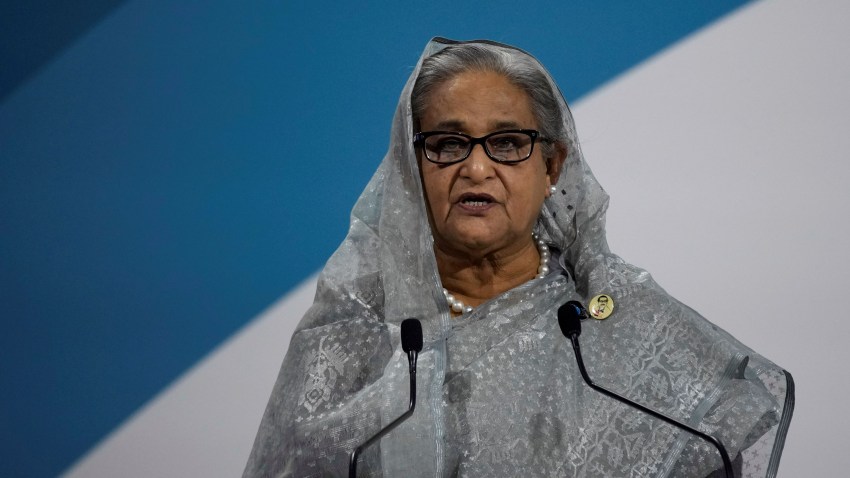At least five students were killed and more than 100 injured across Bangladesh yesterday and today, as protests over a quota system for government jobs continued on several campuses around the country. The quota system reserves 30 percent of government jobs, which are highly competitive, for family members of veterans who fought in Bangladesh’s 1971 war of independence. (AP)
Our Take
The main trigger for these protests was a High Court ruling earlier this month that reinstated the quota, which had been abolished in 2018 amid widespread protests against it. After this latest round of demonstrations erupted, the court suspended its ruling for a month, but the demonstrations continued, with protesters calling the quota system unfair. Still, while these protests are ostensibly about discontent over job opportunities, they also mirror Bangladesh’s broader polarized political landscape, which remains rooted in the legacy of its war of independence.
On one side of the landscape is PM Sheikh Hasina and her Awami League party, which led the independence movement and war under Hasina’s father. On the other is former PM Khaleda Zia, whose late husband led a coup against Hasina’s father in 1975. Zia’s Bangladesh Nationalist Party, or BNP, has also partnered with an Islamist opposition party that in 1971 opposed independence.

